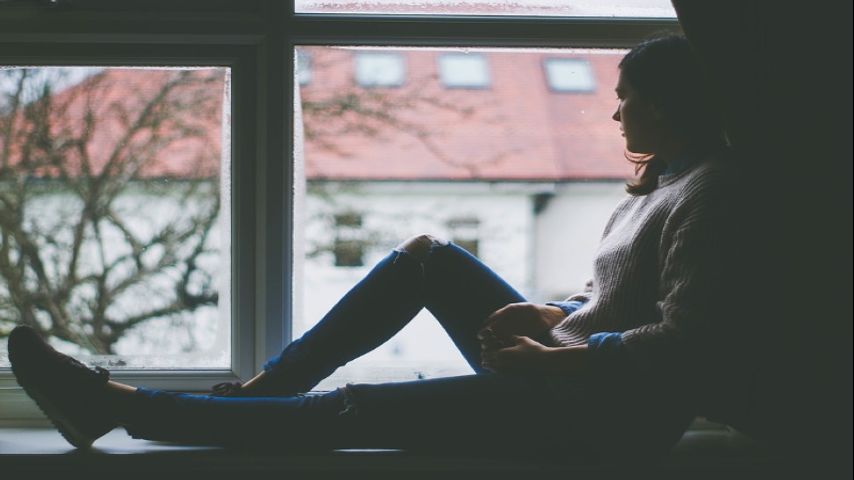
More than 15 million individuals in the United States have been diagnosed with COVID-19, and an undisclosed number of Americans who haven't been diagnosed with the illness itself find themselves reeling from its effects.
After nearly an entire year of attempting to carry out day-to-day activities amid a deadly pandemic, many are beginning to feel the psychological and emotional strain of the health crisis.
Experts agree that such feelings are not a sign of weakness, but a natural response to an anxiety-inducing situation.
According to the The National Center for Biotechnology Information (NCBI), which is part of the United States National Library of Medicine, a pandemic is more than a medical phenomenon; it's a situation that disrupts individuals and society, causing anxiety, stress, stigma, and xenophobia.
Health officials say this disruption to one's peace and emotional stability can be addressed.
The Centers for Disease Control and Prevention (CDC) suggests finding healthy ways to cope with stress. Doing so, it says, "will make you, the people you care about, and your community stronger."
The first step in addressing undue anxiety associated with the pandemic is knowing what signs to look for, such as those associated with 'pandemic fatigue.'
Pandemic fatigue, not classified as a medical condition, is a phrase used to describe the natural response people feel to the prolonged uncertainty and disruption caused by a pandemic.
While everyone reacts differently, some common signs of pandemic fatigue include:
-Lack of motivation
-Changes in eating or sleeping habits
-Irritability
-Stress over tasks that would normally be handled well
-Difficulty concentrating
-Feelings of hopelessness
The CDC offers suggestions that may help reduce the aforementioned feelings associated with pandemic fatigue. Four of these suggestions are listed below:
-Focus on how you can help others - Taking care of your friends and your family can be a stress reliever. While practicing social distancing, it can be helpful to take some time to think of ways to brighten someone else's day with a humorous card, email, or a friendly phone call.
-Communicate regularly with friends and family - Safe forms of communication, such as using zoom, Skype, Duo, or Marco Polo, can be used to have daily virtual meet-ups with friends and family. Some extended families have weekly dinners together using zoom, and some friends report organizing weekly online game sessions with apps such as Drawful. These sorts of video chats can help you and your loved ones feel socially connected, less lonely, or isolated.
-Remain physically active - Be sure to stretch daily, take walks if possible, and occassionally take a break from the computer or television to take deep breaths and stretch. It's also vital to try and eat healthy, well-balanced meals and get plenty of sleep.
- Talk about what you're going through - While some find it difficult to discuss their feelings, making the decision to discuss recent events in one's life with a professional counselor or health care provider can significantly reduce anxiety. Choosing to speak with a counselor is not a sign of weakness, but of intelligence. It means a person is doing what they can to improve a difficult situation.
Those in need of support, can reach out to The Crisis Text Line, which invites anyone suffering from severe anxiety to text 'SIGNS' to 741741 for 24/7, anonymous, free crisis counseling.
In addition to this, a list of virtual support groups can be found on the Anxiety and Depression Association of America's (ADAA) website, which is here.
Additional contacts related to resources for mental health are also available here.
"assistance" - Google News
December 10, 2020 at 09:53PM
https://ift.tt/3qEJyqB
Experts offer assistance to sufferers of pandemic fatigue, COVID-related anxiety - WBRZ
"assistance" - Google News
https://ift.tt/2Ne4zX9
Shoes Man Tutorial
Pos News Update
Meme Update
Korean Entertainment News
Japan News Update
Bagikan Berita Ini














0 Response to "Experts offer assistance to sufferers of pandemic fatigue, COVID-related anxiety - WBRZ"
Post a Comment